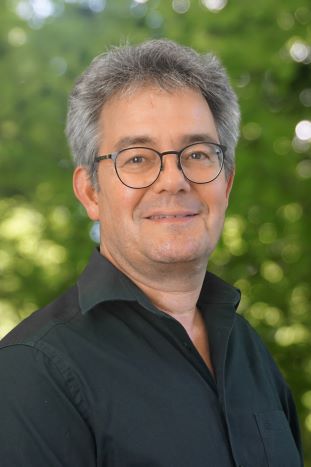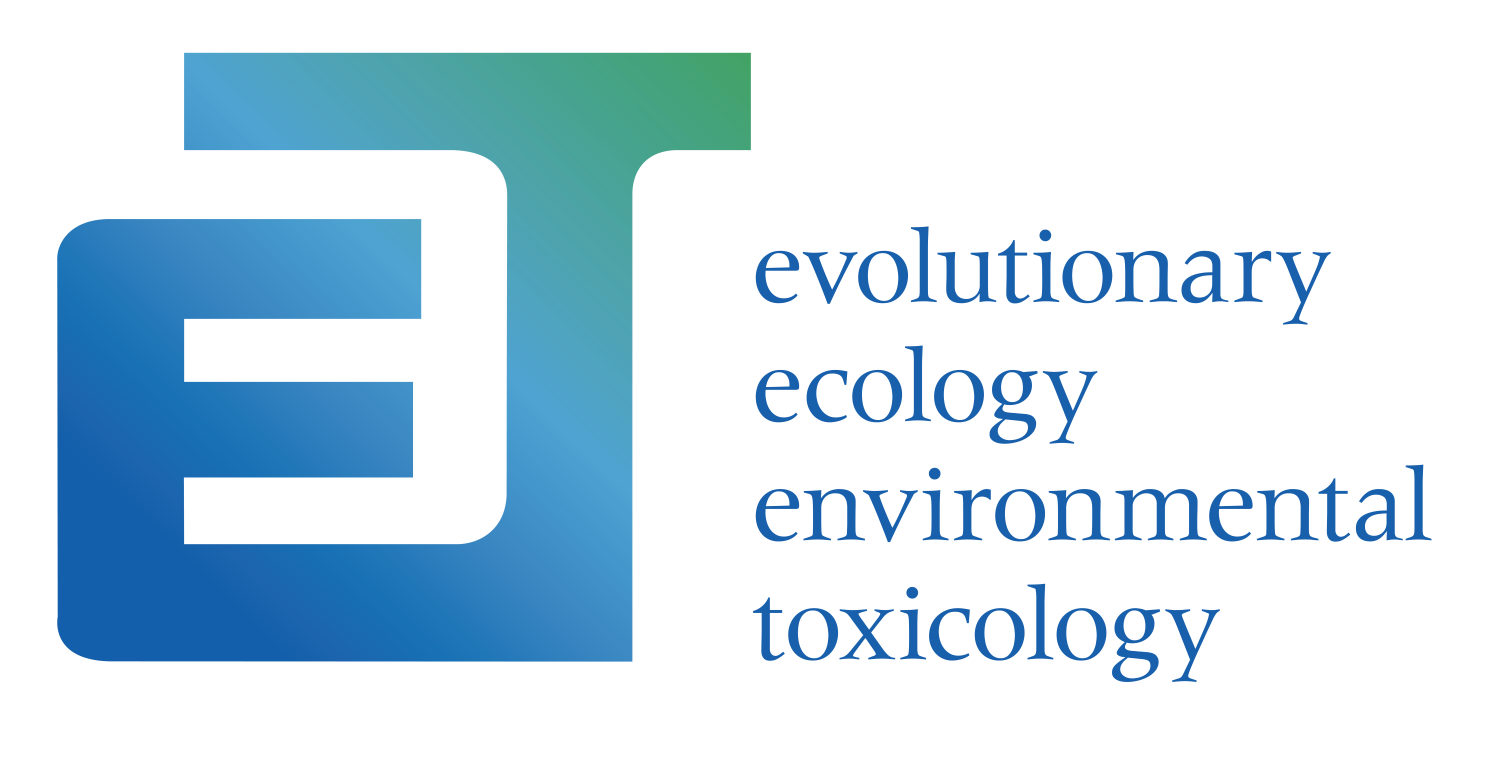- GU Home
- Faculties
- Institutes and Facilities
- Institute OED
- Working groups
- Abt. Hollert
About our department (Abteilung Prof. Henner Hollert)
Aquatic and terrestrial ecosystems are impacted by human activities worldwide, with a particular concern regarding the growing number of chemicals currently present and those released in the environment. Harmful effects of environmental pollution on organisms can have serious consequences for populations and communities in ecosystems through impaired ecological function and structure. The ecological and evolutionary consequences of selection pressures from chemical and other environmental stressors can include effects on single genes or the genetic diversity within a population. The focus of our department is on the areas of research bridging the gap between evolutionary ecology and environmental toxicology. Thus, the department focuses on toxicological investigation of short and long-term processes and interactions of organisms, species, populations and communities against natural and artificial stressors. The department is also concerned with the development and application of modern bioanalytical methods in the field of molecular and cellular aquatic and sediment toxicology. Research areas include stress response in the context of genotoxicology, neurotoxicology, endocrine disruptors and Ah receptor agonists. Another focus of concern is the development of alternative methods to animal testing using early stages of life of Danio rerio, cell cultures and animal-free S9 preparations.
Other areas of research interest in our department, among others, include:
- Bioanalytical toxicology with effect-based tools (in vitro and in vivo bioassays, biomarkers)
- Evaluation of advances wastewater treatment methods
- Contaminants of emerging concern
- Biomedical ecotoxicology
- Neurotoxicity
- Toxic consequences of flood events
- Ecosystem analysis using weight-of-evidence approaches
- Green toxicology and life cycle assessments (bioeconomy)
- Paleolimnology and paleoecotoxicology
- Evolutionary ecology and toxicology – tolerance and adaptations of vertebrates and invertebrates to chemical stressors
- Effects of multiple environmental stressors
- Mechanism-specific toxicity
- Alternative animal testing methods
- Directed evolution of in vitro cell lines
- Molecular to ecosystem level effects (adverse outcome pathways)
- Omics tools (qPCR, next generation sequencing)
- Chemical analysis with effect-directed analysis (EDA) and non-target screening
The knowledge gained and application of our research will help with ecological and environmental toxicological hazard assessment and risk assessment, the development of assessment criteria, the protection of biodiversity and the implementation of ecologically sustainable environmental management and monitoring programs. Cooperation with partners from the fields of science, authorities and industry in third-party funded projects is a central part of our research activities.
Contact

Goethe University Frankfurt
Biologicum, Campus Riedberg
Max-von-Laue-Str. 13
60438 Frankfurt am Main, Germany
Room: 3.319
Phone: +49 (0)69 798 42171
Fax: +49 (0)69 798 42161
Email: hollert(at)bio(dot)uni-frankfurt(dot)de
Former Affiliation:
http://www.bio5.rwth-aachen.de
- Studying at Goethe University
- International applicants
- Faculties
- Overview of study programmes
- Programme for refugees
- GRADE
- Goethe Business School (continuing education)
- Research at Goethe University
- Scientific news
- Goethe Welcome Center (for international researchers)
- Collaborative research projects
- Individual research
- Visiting fellowships
- Endowed chairs
- About the University
- News-in-brief
- University administration
- Campus locations
- Campus life
- University archives (German)
- Rhine-Main-Universities






